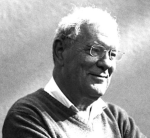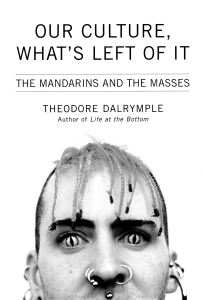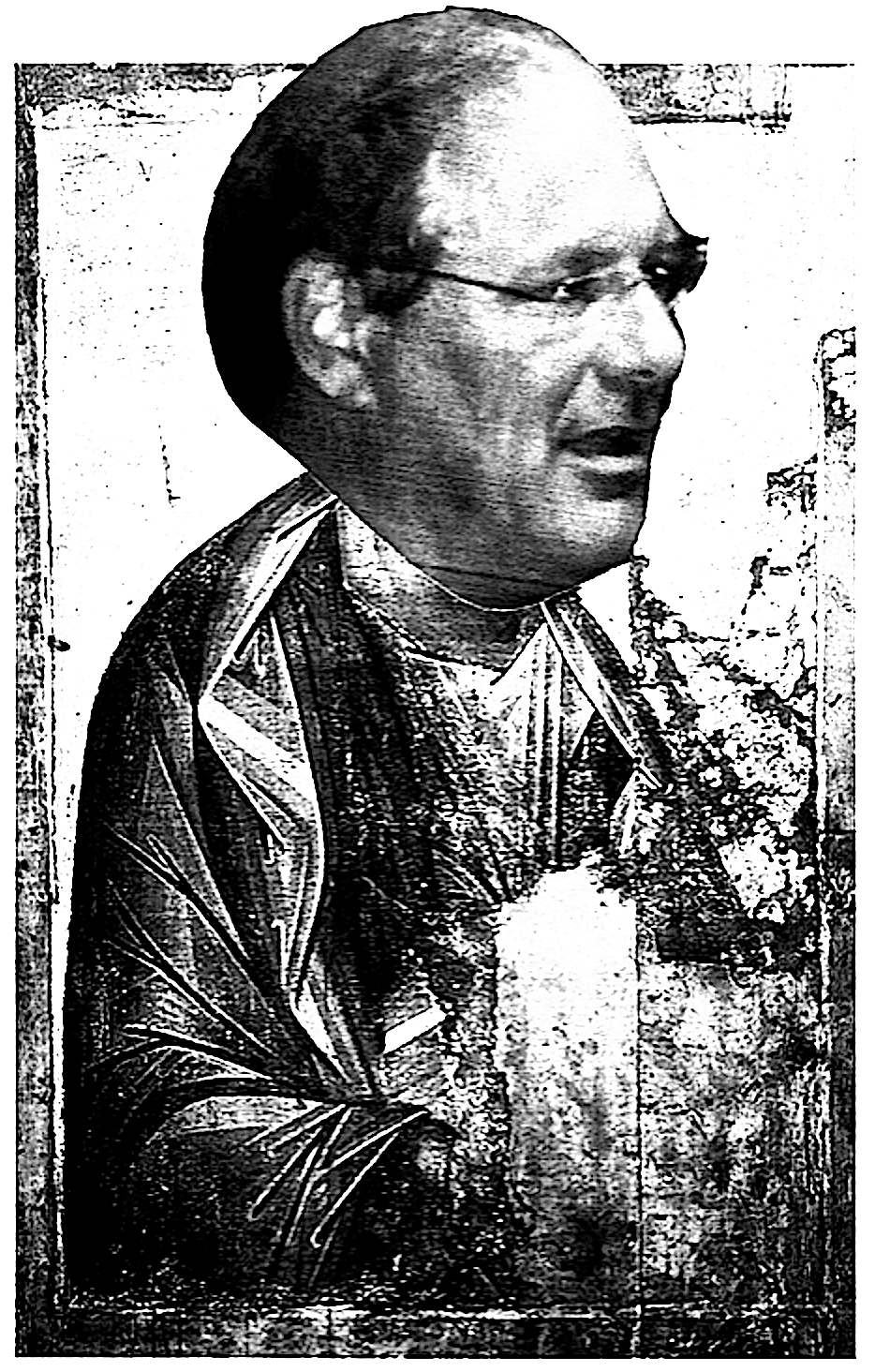Reading in his morning newspaper that the General Assembly of the United Nations had greeted a short section of Donald Trump’s speech with laughter, Dalrymple’s esteem for the US president grows. The laughter, Dalrymple writes,
gave rise to Mr Trump’s finest moment. He took it in good part, admitted that he had not expected it, and said it was perfectly all right.
The moment
revealed something about world opposition to Mr Trump: that it is bogus or not deeply felt, and is pro forma.
Dalrymple asks:
- Would the General Assembly have laughed disrespectfully at Mr Putin or Mr Xi, and would either of them have reacted in the same good-natured way if it had?
- Did anyone laugh at Mr Obama’s fatuously grandiose claim that his election marked the beginning of healthcare in the United States and the healing of the planet, at least the equal in absurdity of anything said by Mr Trump?
- Is Mr Trump’s slogan Make America great again any shallower than Mr Obama’s Yes we can?
Dalrymple points out that Trump is held to a different standard; and anyone really believing the president was an incipient totalitarian dictator wouldn’t have laughed.
Trump’s speech offered
a more generous view of the world than that of most of his opponents. He called on the people of all countries to be patriotic, acknowledging that people of all countries had something to be patriotic about.
Trump’s was a vision of the world that was
far more genuinely multicultural and multipolar than those who believe in, or call for, a kind of European Union on a global scale, in which all cultures are ground into a food mixer from which a health-giving culture juice of universal rights (to healthcare, social security, etc.) will emerge.
Trump’s view of patriotism certainly did not entail
the hatred of or disdain for, let alone enmity towards, other countries. What he said in essence was that he wanted a world of live and let live. He appeared to understand that a world government without borders would necessarily be a monstrous bureaucratic tyranny with no possible legitimacy.
To be sure, he simplified problems, but
to look to political speeches for subtle elucidation of knotty problems is like looking to tabloid newspapers for metaphysical insight.
















